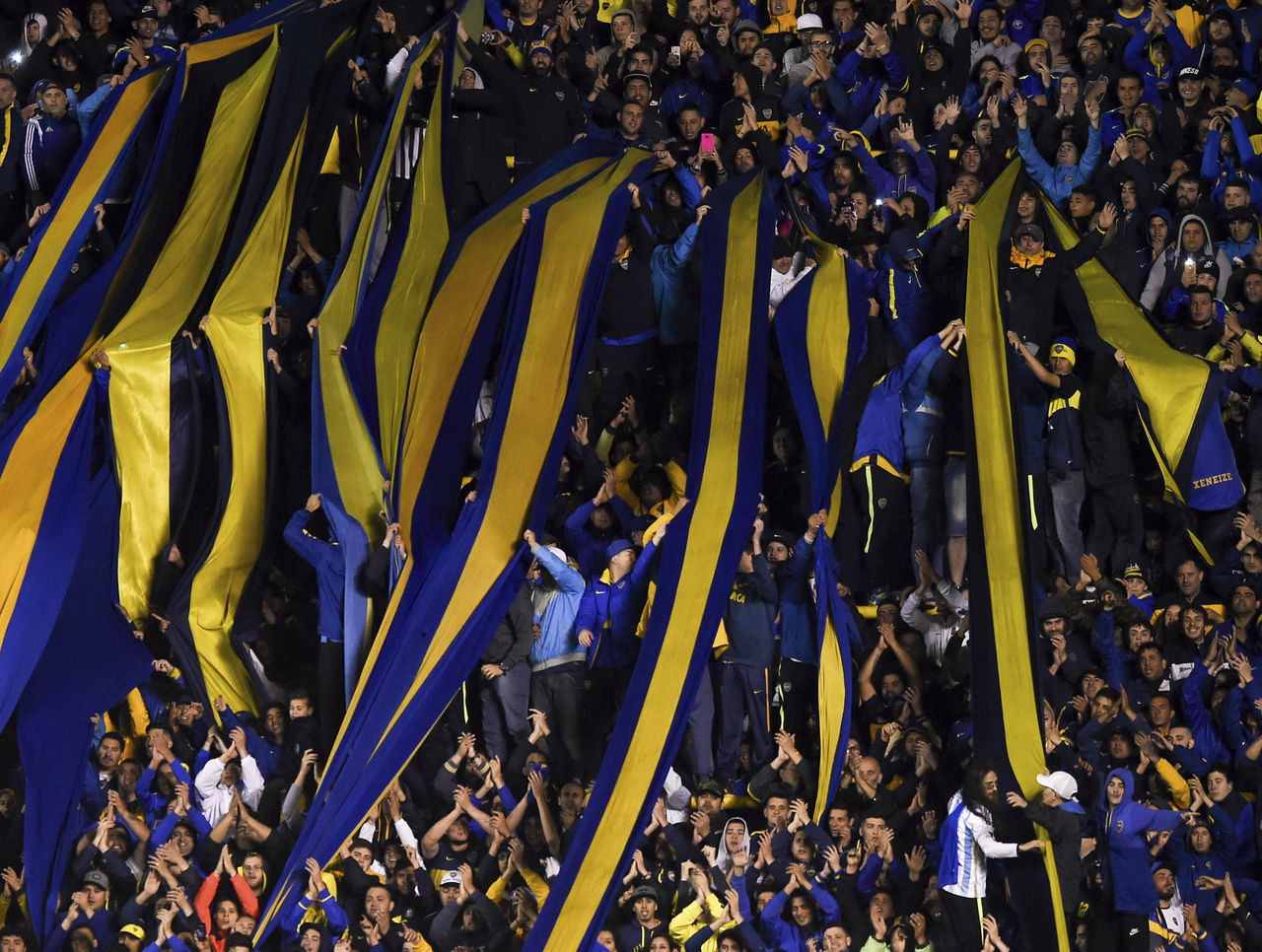Ghost of 1969: Argentina can't afford another defeat to Peru at La Bombonera
Only once did Argentina fail to qualify for the World Cup, and nobody can deny that there are eerie similarities between the historic failure and La Albiceleste's 2018 World Cup qualifier versus Peru at La Bombonera.
On August 31, 1969, Argentina welcomed Peru to La Bombonera in a do-or-die 1970 World Cup qualifier. La Albiceleste needed a victory; anything less would mean missing out on the flight to Mexico. The game was played amid the right-wing dictatorship of Juan Carlos Ongania, who handpicked the Asociacion del Futbol Argentino's president. There were four different presidents in that year alone. Democracy was nowhere to be found, and Argentinian football was in a bad place.
In what marked an introduction to Peru's golden generation, Argentina and La Blanquirroja played out a 2-2 draw. Oswaldo Ramirez, the Peruvian striker who was nicknamed "Cachito," had never scored an international goal. But he scored in Buenos Aires - twice - and, for the first time in history, La Albiceleste failed to qualify for the World Cup.

(Courtesy: El Grafico)
"We're out," Alberto Rendo, who scored Argentina's second goal, said after the game. "It was the worst experience of my life. Impressive to see so much bitterness in the dressing room, some cried, (Adolfo) Pedernera smoked in a corner. I stood alone on the side, got in the shower and when I got out there was nobody, I walked alone from the Bombonera to my house on Beazley street, in Pompeya, I walked past Huracan's pitch. My parents nor my brother were there, I threw myself on the bed, ate a chocolate bar and fell asleep."
Argentina didn't host another World Cup qualifier at La Bombonera for 28 years. In 1997, La Albiceleste and Colombia played out a 1-1 draw at the candy-box-shaped stadium, but the former had already qualified for the 1998 World Cup, making the homecoming somewhat anticlimactic.
Argentina will return to the scene of the crime on the penultimate matchday of CONMEBOL's 2018 World Cup qualifying, as La Albiceleste will entertain Peru at La Bombonera praying that history doesn't repeat itself. The game will mark the first World Cup qualifier to be played at the stadium in two decades, and it's easy to understand why Argentina's population is sceptical about the decision to play a life-or-death game at Boca Juniors' working-class home.
La Bombonera is among the most intimidating stadiums on the planet and not for the faint of heart. There's no space between the pitch and stands, which are so steep that they can be confused for giant walls that touch the clouds. Those who suffer from claustrophobia or vertigo are encouraged to stay away, or risk vomiting on supporters below. But, while the venue is revered, it's haunted by the ghost of 1969, and remains a structure that Argentina is encouraged to avoid, particularly for high-profile games.
"I was at Boca's stadium in '69 when they left us out," Rodolfo D'Onofrio, River Plate's president, declared in September. "I wouldn't choose that pitch against Peru because of cabala. Maybe for another match yes, but just the Peruvians ... Don't let it be that the same thing happens."
Argentina is under pressure. Sitting fifth in the table, La Albiceleste is in danger of missing the World Cup for the second time in history, as four national teams qualify automatically in South America, while the fifth-placed finisher must go through an inter-confederation play-off that involves a journey to New Zealand. The idea of playing at Boca's residence is to strike the fear of God into Peru, but the Argentinian footballers are the ones who may ultimately suffer from the intimidating atmosphere.

(Photo courtesy: Getty Images)
Argentina is fragile, particularly when the stakes are high. The 2018 World Cup will likely be Lionel Messi's last chance to climb the highest mountain in football and he'll take the pitch at La Bombonera, a stadium unfamiliar to him, knowing that the sand is tricking down the hourglass. Within earshot of supporters, he'll be able to hear the insults and scapegoating in the event that things go wrong. He isn't one to deal well with criticism, as he demonstrated in the aftermath of the Copa America Centenario, when he alluded to retirement after launching a penalty kick into orbit.
Given that Argentina is over-dependent on Messi, La Bombonera seems like a poor choice of stadium for getting the most out of him.

(Photo courtesy: Getty Images)
Unless the ghost of 1969 is exorcised, Argentina will enter the final matchday with its head in the guillotine, ready to be executed in Ecuador as the phantom continues to haunt La Bombonera.